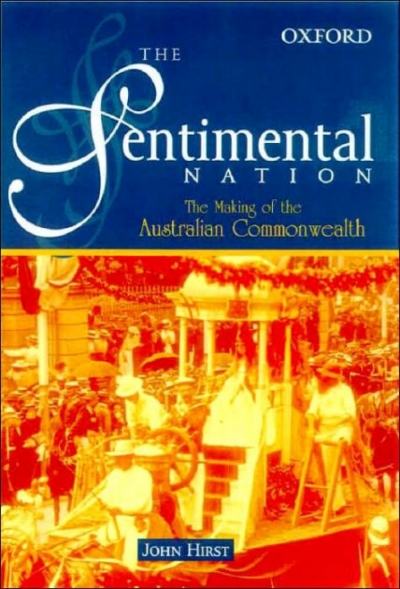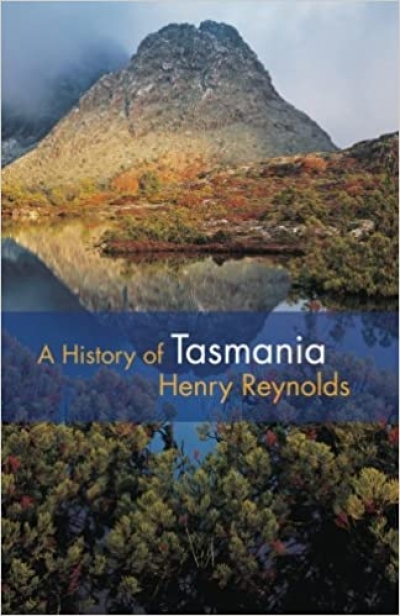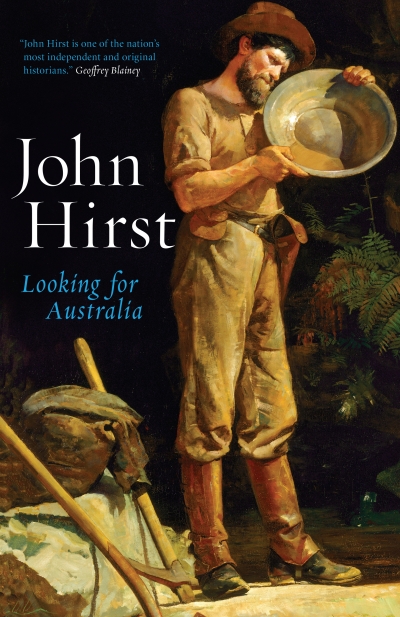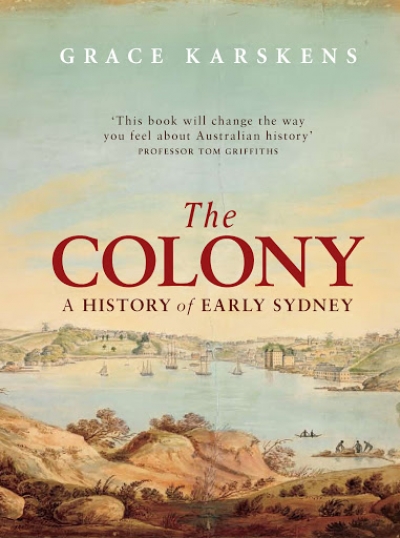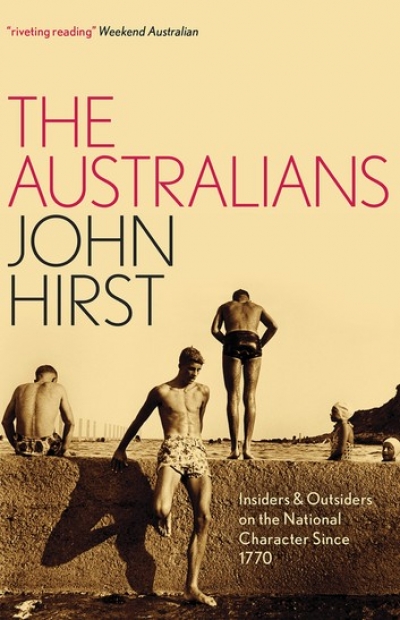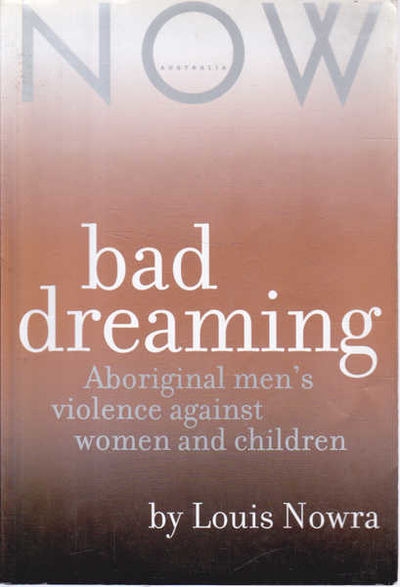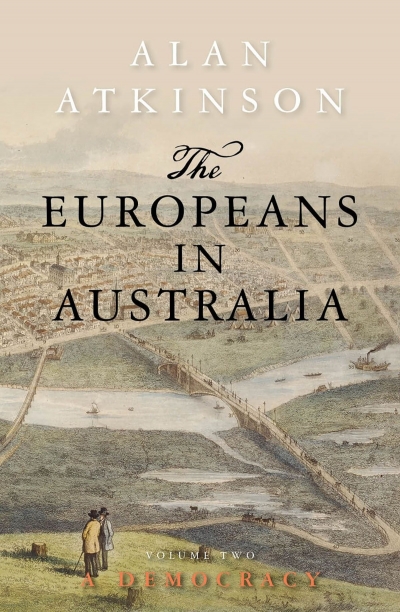John Hirst
The Sentimental Nation: The making of the Australian Commonwealth by John Hirst
Five poems have been shortlisted in the 2016 Peter Porter Poetry Prize. The poets are Dan Disney, Anne Elvey, Amanda Joy, Lisa Gluskin Stonestreet, and Campbell Thomson; their poems can be read here. The judges on this occasion were Luke Davies, Lisa Gorton, and Kate Middleton.
Join us at our studio in Boyd Community Hub on Wednesday, 9 March (6 pm), when the poets will introduce and read their works, followed by the announcement of the overall winner, who will receive $5,000 and an Arthur Boyd print. This is a free event, but reservations are essential.
These ceremonies always commence with a series of readings of poems written by Peter Porter (1929–2010). This year our readers – Judith Bishop (winner in 2006 and 2011), Morag Fraser, Lisa Gorton, and Peter Rose among them – may choose to dip into the new collection of late Porter poems: Chorale at the Crossing (Picador, $24.99 pb).
... (read more)John Howard and Tony Blair both came to the prime ministership in landslides, Howard in 1996, Blair in 1997. They were on opposite sides of the traditional political divide, Howard leading a Liberal Party opposed to Australian Labor and Blair leading the British Labour Party ...
... (read more)
